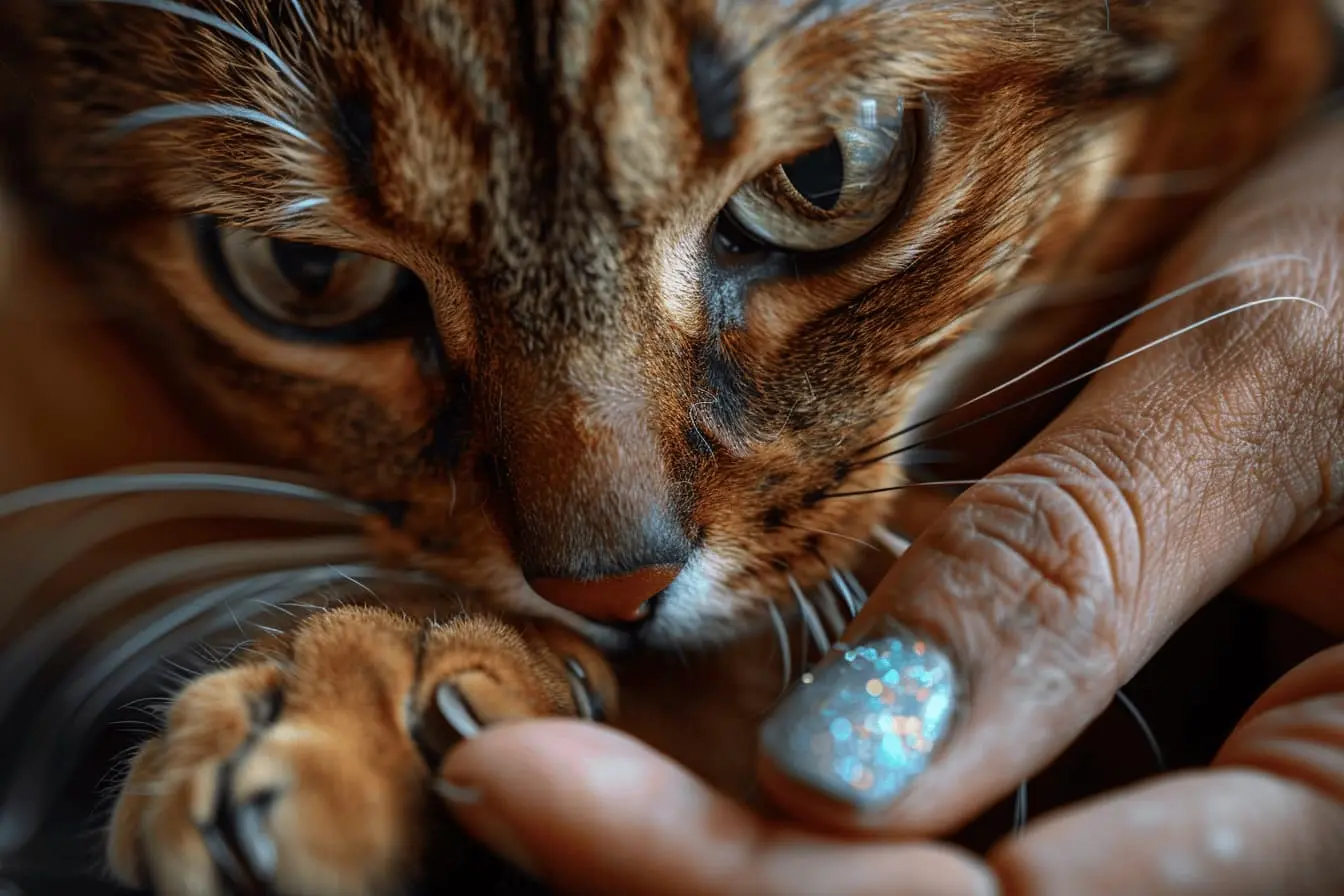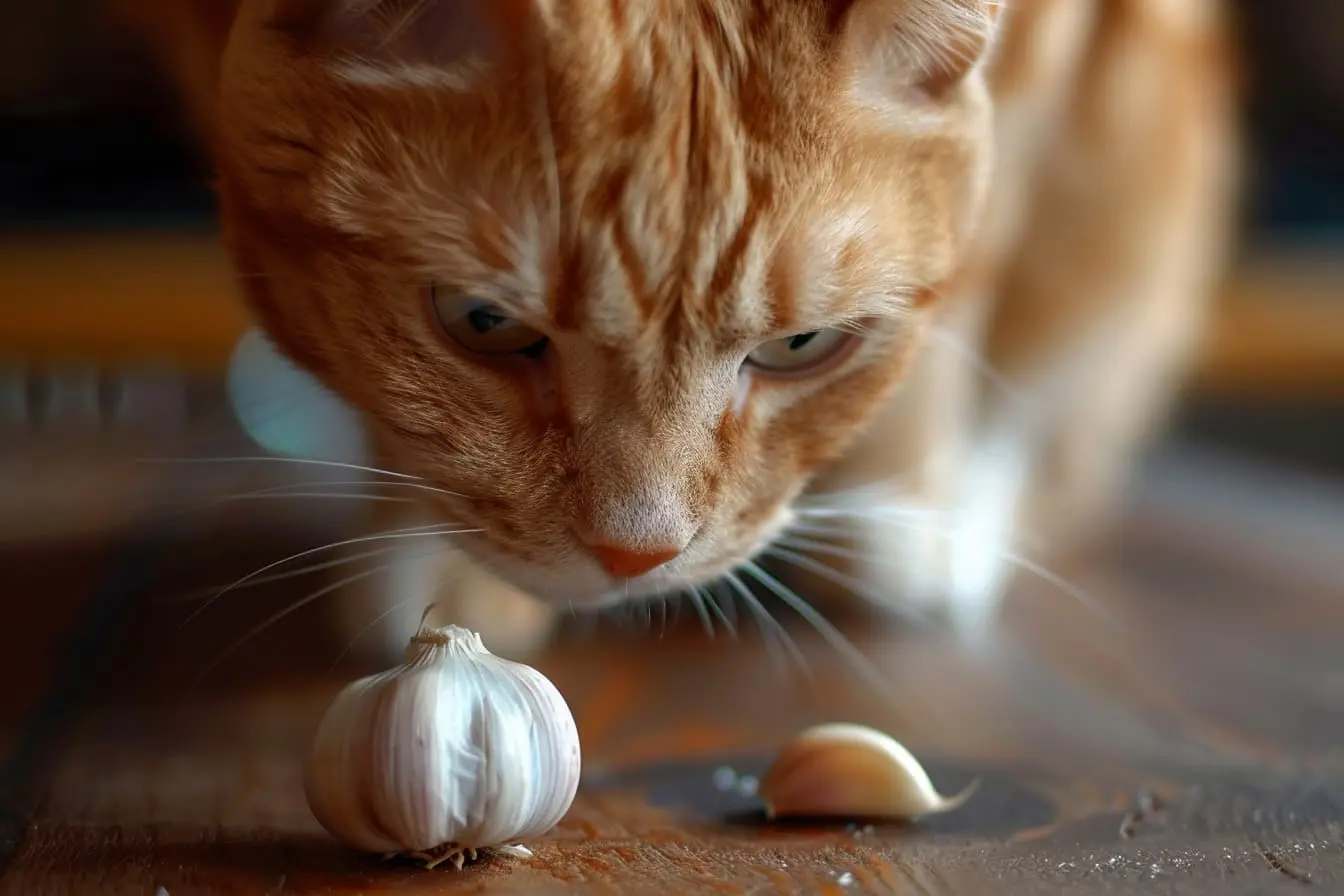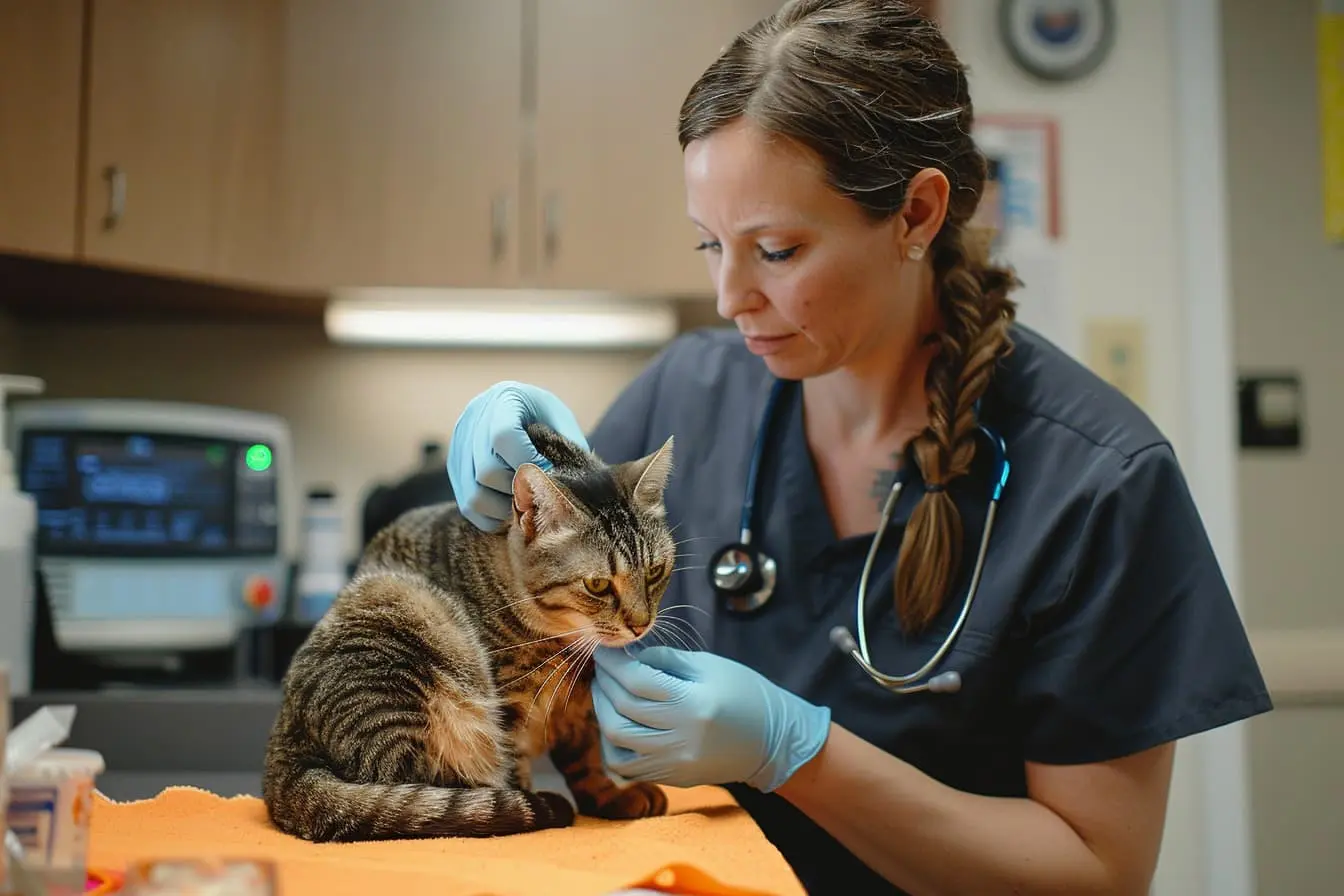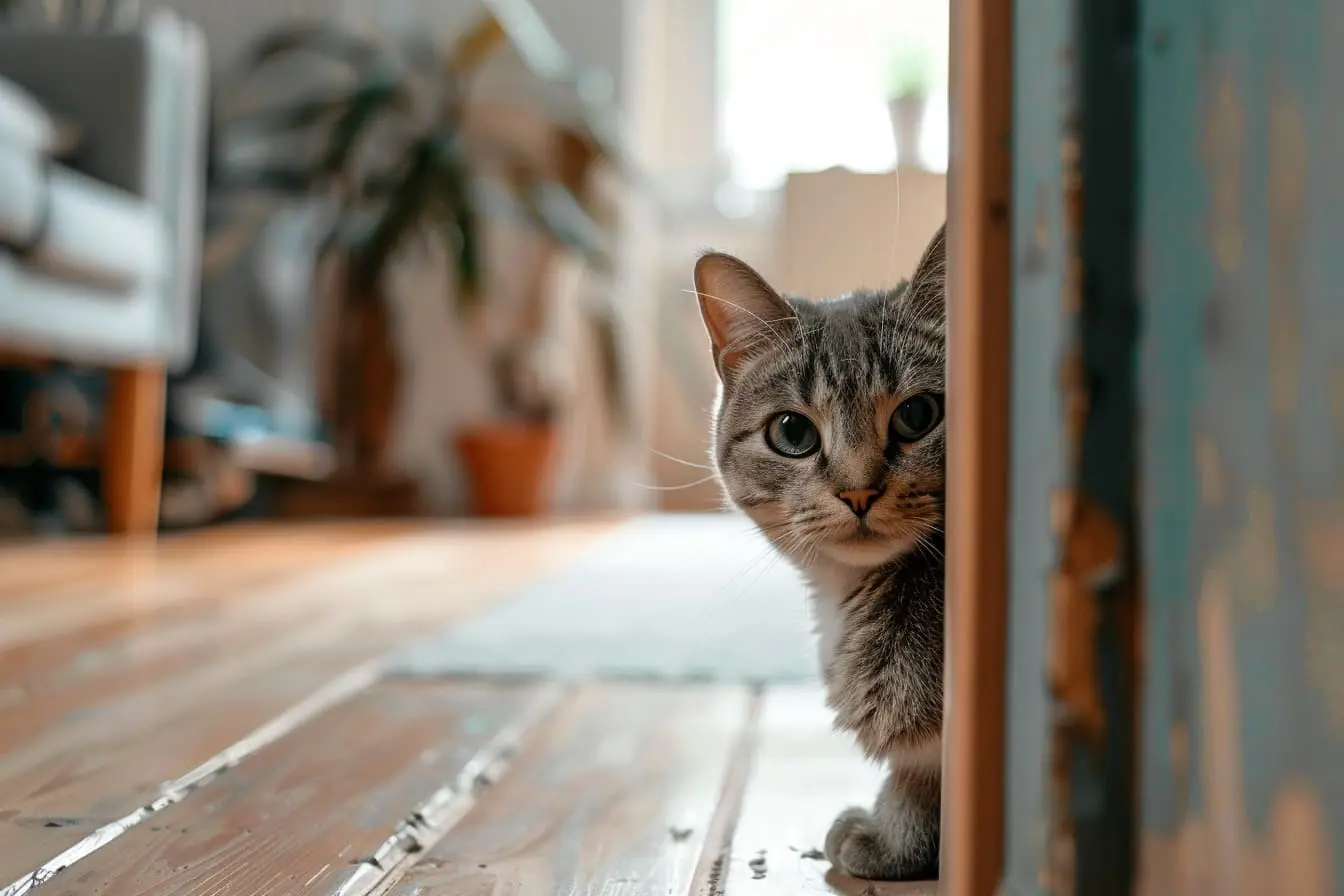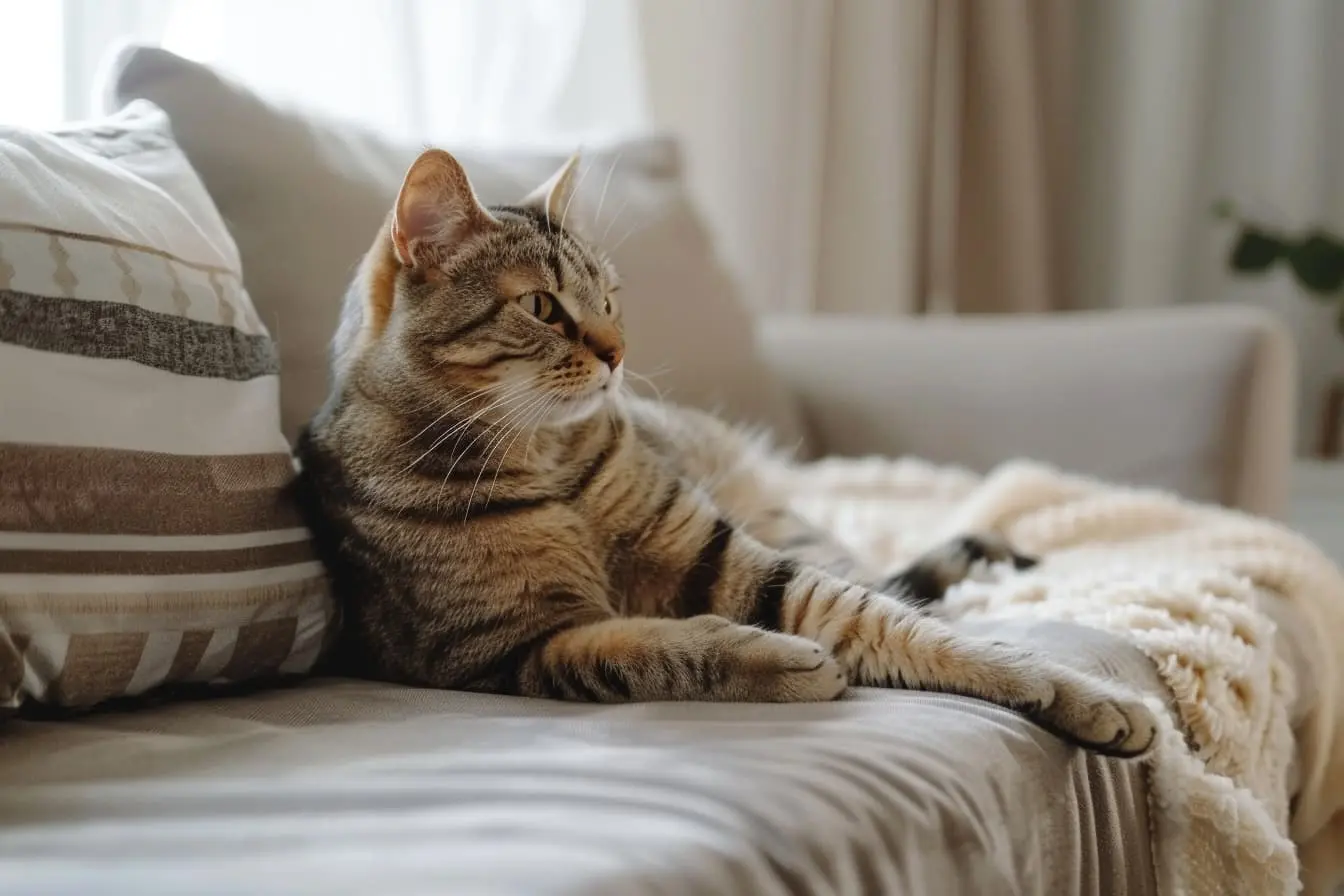
Choosing the Perfect Feline Companion: A Guide to Popular Cat Breeds in the UK
When it comes to welcoming a new feline friend into your home, the choice of breed can significantly influence both your lifestyle and your future pet's happiness. In the UK, prospective cat owners have a plethora of breeds to choose from, each with its unique characteristics, needs, and considerations. This blog post aims to guide you through some of the most popular cat breeds in the UK, highlighting their needs and other critical factors to help you make an informed decision.
British Shorthair
Characteristics: Known for their chunky bodies and dense coat, British Shorthairs are the epitome of calmness and composure. They typically have a wide face, round eyes, and a plush, short coat that comes in a variety of colours and patterns.
Needs: This breed is relatively low-maintenance regarding grooming due to their short fur. However, they do appreciate regular brushing to remove dead hair and stimulate the skin. British Shorthairs are not overly demanding of attention, making them a good match for owners who might not have the time to dedicate to more needy breeds.
Considerations: Prone to obesity, it's crucial to manage their diet and ensure they get enough exercise.
Siamese
Characteristics: The Siamese is a strikingly beautiful breed, known for its elegant body, blue almond-shaped eyes, and contrastingly coloured points (ears, face, paws, and tail). They are vocal, sociable, and crave interaction and companionship.
Needs: They require a lot of attention and do not like to be left alone for long periods. Their short coat doesn't demand much grooming, but they do enjoy the interaction it involves.
Considerations: Their vocal nature and need for attention mean they're better suited to homes where someone is often present. They can also be more prone to certain genetic health issues, so it's wise to ensure they have regular veterinary check-ups.
Maine Coon
Characteristics: Maine Coons are one of the largest domestic cat breeds, known for their tufted ears, bushy tails, and rugged appearance. They have a friendly disposition, making them excellent family pets.
Needs: Their long coat requires regular grooming to prevent matting and reduce shedding. Maine Coons are active and playful, needing plenty of space and stimulation.
Considerations: Given their size, they may not be suited to smaller living spaces. They're generally healthy but can be prone to certain hereditary conditions, so genetic testing is recommended.
Ragdoll
Characteristics: Ragdolls are large, affectionate cats known for their striking blue eyes and tendency to go limp when picked up. They have semi-long fur and a placid nature.
Needs: They require regular grooming to keep their coat in good condition. Ragdolls are indoor cats and should not be allowed to roam outside due to their docile nature.
Considerations: Their gentle temperament makes them ideal for families with children, but their trustful nature means they are best kept as indoor cats for their safety.
Bengal
Characteristics: Bengals are known for their wild, exotic looks with a coat that resembles that of a leopard. They are highly active, intelligent, and require a lot of stimulation.
Needs: Bengals do well with access to outdoor spaces where they can explore and play, though this should be a secure environment. They have a short coat that is easy to maintain but enjoy interactive play and mental challenges.
Considerations: Not suited for a sedentary lifestyle, Bengals thrive in active households that can match their energy and curiosity.
Scottish Fold
Characteristics: Distinguished by their unique folded ears, Scottish Folds possess a charming, owl-like appearance. These cats have a round face, expressive eyes, and can have either a long or short coat. Their calm and placid nature makes them excellent companions.
Needs: Scottish Folds enjoy human interaction and do well in environments where they can receive plenty of attention. Their coat, depending on its length, may require regular grooming. It's also important to monitor their diet closely to prevent obesity.
Considerations: The gene that causes the ear fold can also lead to cartilage issues, so it's important to ensure they come from a reputable breeder and receive regular veterinary check-ups to monitor for any signs of discomfort or mobility issues.
Persian
Characteristics: Persians are known for their luxurious long coats, broad faces, and short muzzles. They are one of the oldest and most popular cat breeds, beloved for their gentle and serene disposition.
Needs: Their long fur requires daily grooming to prevent mats and tangles. Persians are also known for being less active, preferring serene environments where they can lounge in comfort.
Considerations: Persians can have health issues related to their facial structure, such as breathing difficulties and dental malocclusions. They are also prone to certain genetic conditions, so regular veterinary care is crucial.
Sphynx
Characteristics: The Sphynx is easily recognised by its lack of fur, though it may have a fine layer of down. They are known for their extroverted behavior, high energy, and affectionate nature, often seeking warmth from humans.
Needs: Despite their lack of fur, Sphynx cats require regular bathing to remove oil build-up on their skin. They also need protection from extreme cold or direct sunlight due to their exposed skin.
Considerations: Their unique appearance and personality make them a hit in many households, but potential owners should be prepared for the grooming and skincare needs of these cats. Health-wise, they can be prone to certain skin conditions and hereditary diseases.
Norwegian Forest Cat
Characteristics: This breed is large, robust, and has a thick, water-resistant double coat, making it well-suited to colder climates. Norwegian Forest Cats are known for their adventurous spirit and friendly disposition.
Needs: Their thick coat requires regular grooming, especially in the shedding season, to prevent matting. These cats are very active and enjoy climbing, so providing spaces where they can explore vertically is beneficial.
Considerations: While they are generally healthy and hardy, their long coats and outdoor tendencies mean they may bring in more dirt and debris, requiring more frequent home cleaning.
Abyssinian
Characteristics: Abyssinians are known for their slender bodies, large ears, and short, ticked coats, which give them a wild appearance. They are highly intelligent, curious, and active, often described as "dog-like" in their loyalty to their owners.
Needs: This breed does well with plenty of mental and physical stimulation. Their short coat is easy to care for, requiring minimal grooming.
Considerations: Abyssinians are social creatures that thrive on interaction with their human families and other pets. They're prone to certain genetic conditions, so prospective owners should seek out reputable breeders who perform health screenings.
Conclusion
When it comes to selecting a cat breed, understanding the unique characteristics, needs, and health considerations of each breed is crucial. From the distinctive Scottish Fold to the adventurous Norwegian Forest Cat, there's a perfect feline companion out there for every household. Remember to consider not just the breed's appearance, but also its compatibility with your lifestyle, to ensure a happy and fulfilling relationship with your new pet.
Vets near you
Speciality vets
- Aquatics vet specialists
- Birds vet specialists
- Camelids vet specialists
- Cats vet specialists
- Cattle vet specialists
- Deer vet specialists
- Dogs vet specialists
- Equines vet specialists
- Exotic vet specialists
- Goats vet specialists
- Pigs vet specialists
- Poultry vet specialists
- Sheep vet specialists
- Small Mammals vet specialists
- Wild vet specialists
Vet facilities
- Accessible by public transport
- Blood testing
- Car park nearby
- Client car park
- Dentistry
- Diagnostic imaging
- Disabled public access
- Flea and worm treatments
- Microchipping
- Mobile services
- Neutering
- Open at weekends
- Out-of-hours service
- Referral interests
- Referrals only
- Street parking outside
- Toilets available
- Vaccinations
